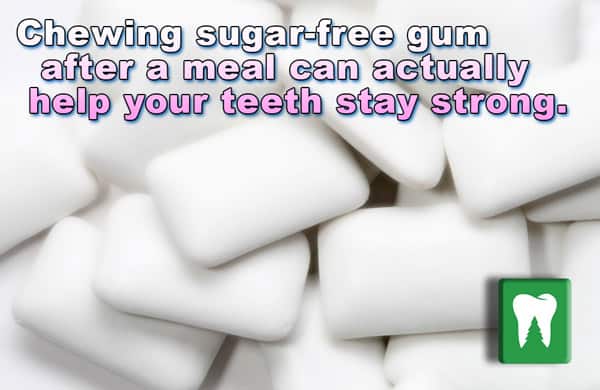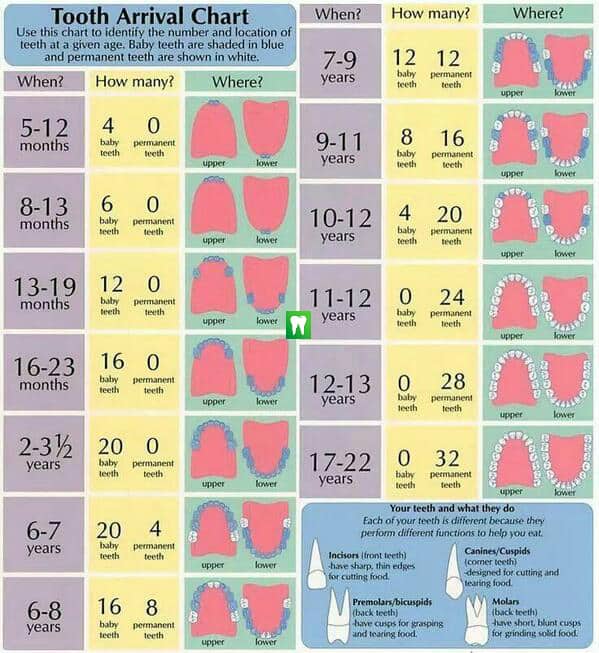How often are you flossing?
Did you know that flossing your teeth everyday is even more important than brushing your teeth when it comes to preventing tooth loss, cavities, and periodontal gum disease? And takes less time! That’s right, good flossing habits are essential to your happy smile. Yet only 49 percent of Americans floss daily, and 10 percent don’t even floss at all!
Here at Bellingham Dental Group smiles are our top priority. So we’d like to share a few facts and tips to help keep your flossing habits healthy and your teeth bright and happy.
- Flossing removes plaque between our teeth that our toothbrushes miss. This is something we all know, but did you know that when you don’t floss, food that sits between your teeth is actually rotting and can be a main cause for bad breath? Gross!
- It has been thought that flossing before brushing can help the fluoride from our toothpaste better reach between our teeth.
- In order to floss efficiently, you need to use a piece of floss that is eighteen to twenty inches long.
- You should use a clean section of your floss to clean around each tooth. This will avoid transferring food and bacteria from one tooth to another.
- Improper and irregular flossing leads to bleeding gums.
- Flossing saves you money. An unhealthy mouth can lead to a number of ailments and diseases, including heart disease and diabetes.
- Brushing your teeth without flossing is like only washing 70 percent of your body.
- Some floss is made out of dental ribbon rather than out of plastic or nylon string. Ribbon floss is smoother and more comfortable than traditional floss. If your gums ache or bleed when you floss your teeth, you might want to try ribbon floss instead.
- Automatic flossers are also an option if you have a hard time perfecting your flossing technique or find flossing uncomfortable. When you turn the flosser on and touch it against your teeth, it uses a nylon filament to clean the spaces between your teeth for you.
Flossing takes up very little time in your day, but the impact of not flossing is greater to not only your teeth, but your overall health as well! Americans are living longer and keeping their own teeth, too. With a good oral health routine and regular dental checkups, you can have your own teeth for as long as you live.





